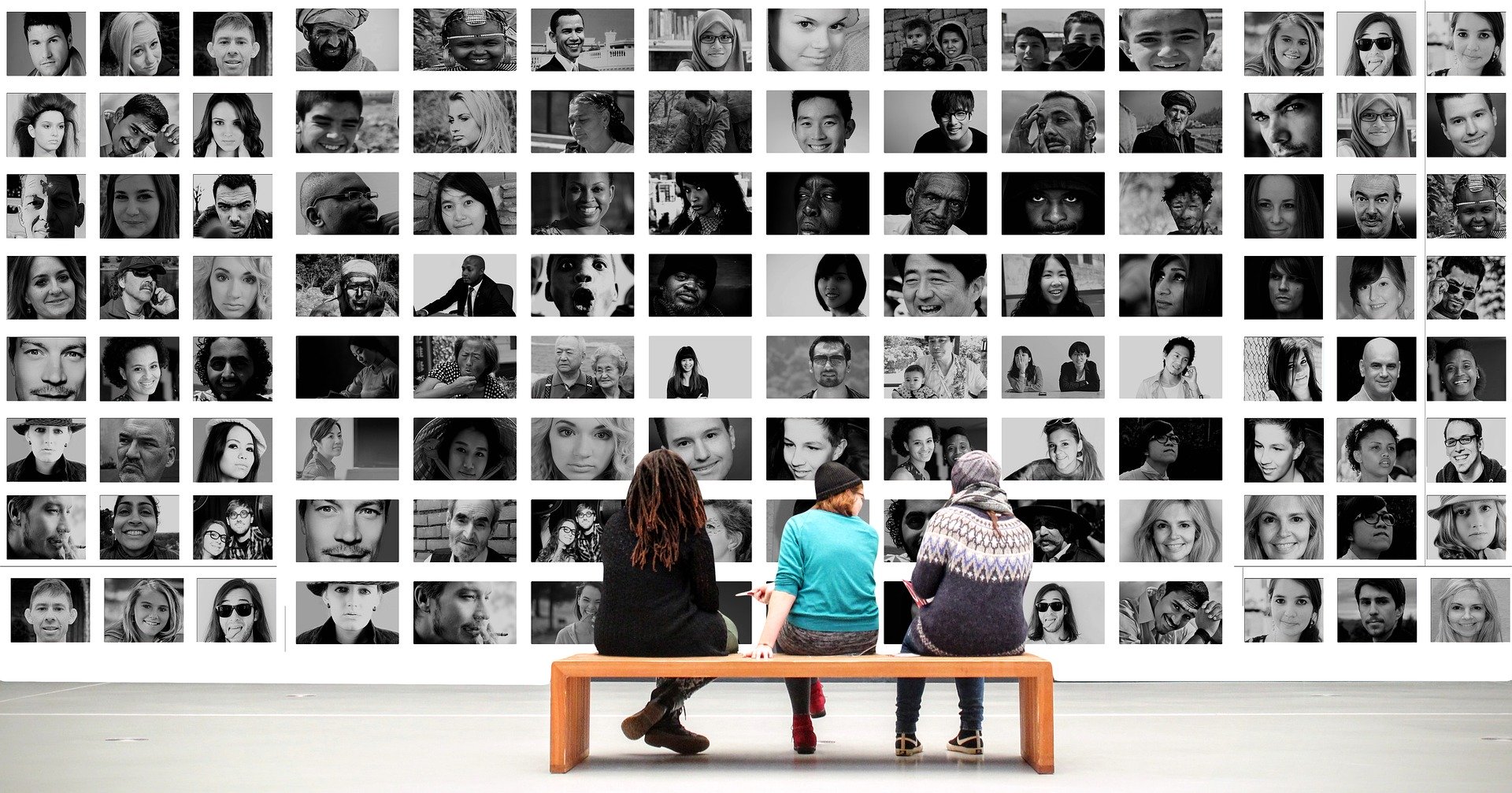By Ron Price – Farmington, New Mexico … “I have never seen a monument erected to a pessimist.” Paul Harvey
Stop what you’re doing and get a pen and some paper. Jot down two or three criticisms of a co-worker, or family member. Just take a moment (by the way, the official definition of a moment is 90 seconds) and list two or three of their imperfections. Now list two or three aspects which you find noteworthy and commendable of them.
I’m curious. Which list was easier to compile?
I guess that depends on the overall quality of your relationship with them. If your relationship is good and you get along well together, the second list was likely the easier, although the first list is always doable. I believe developing the habit of looking for and focusing on the good in others can transform a challenged relationship into a successful and healthy one, and keep a good relationship thriving.
It is a psychological principle that what you focus on tends to grow.
When we focus on the negative aspects of life, of which we all have at least a few, our thoughts tend to gravitate toward the negative. Focusing on the positive aspects of life will not make the negative ones disappear, but we will find they have less power to influence our mood and thoughts during our day.
Remember that everyone we interact with is a human being who, by definition, is going to have faults and who is going to act in ways that annoy us at times. Unless we consider ourselves to be other than a human, we might not want to be too quick to pass judgment.
I appreciate this Zig Ziglar quote: “Some people do really find fault like there’s a reward for it.” It’s so easy to find fault, and so many of us do. What’s ironic, however, is that those times when we are most critical are usually the times, we’re most upset with ourself. Since we’ve got to live with ourself and our thoughts, we can only take so much self-abuse and criticism. After a time, we will naturally look for another outlet to blame for our state of being upset. All too often, that other outlet is going to be someone at work or at home. That may be a common and normal practice, but it’s not right, and it’s certainly not conducive to a healthy life.
So what am I saying? That we should never tell a family member or work associate when something he or she is doing is upsetting us? Not a chance. But there is a right way and a wrong way to express our displeasure. The former is likely to result in voluntary behavior adjustment. The latter in World War 7,235.
In the book PLAY NICE in Your Sandbox at Work, I describe the XYZ technique developed by folks at PREP Inc., which gives a method to voice criticisms in a manner which will be well received and addressed.
Let me challenge us to throw away our list of others’ faults and add to our list of their positive attributes. It would not hurt to spend a few moments each day looking over that list to help you remember to maintain a positive, accepting attitude towards them.
A benefit of being grateful for what you have is that it protects you from becoming overly selfish and self-serving—both of which are dangerous in any relationship. We can admit that as humans we tend to be self-centered but interacting well with others is an excellent opportunity to minimize that condition.
By focusing on the positive aspects of others, we will be more inclined to consider how we might bring happiness to them.
Do that and you will find more happiness.
Not sure you believe that? Try it for 30 days and find out for yourself.
–Ron Price is a member of RMC executive committee from Farmington, New Mexico. Email him: [email protected]; photo by pixabay


